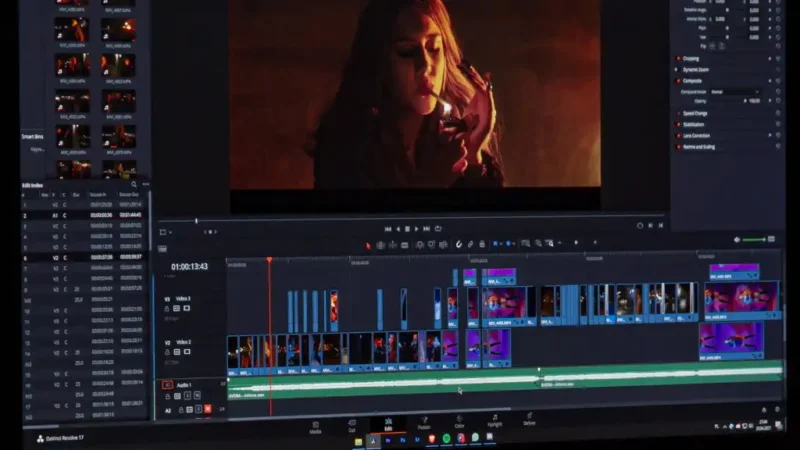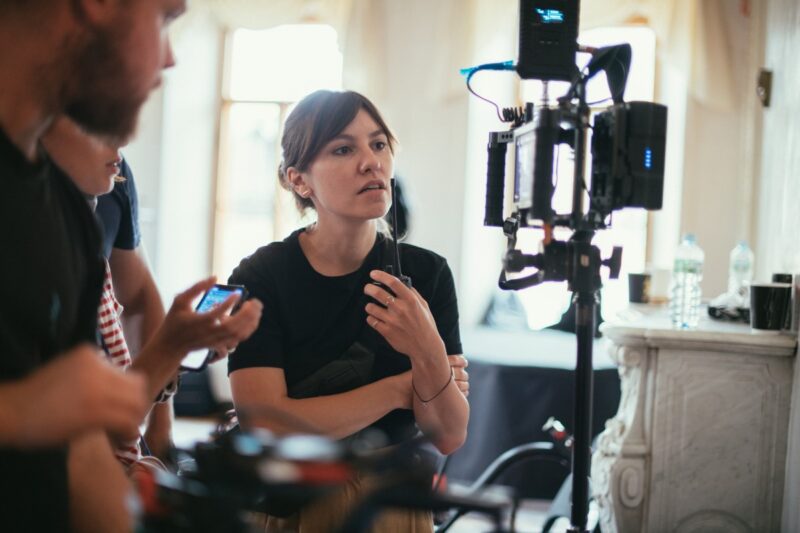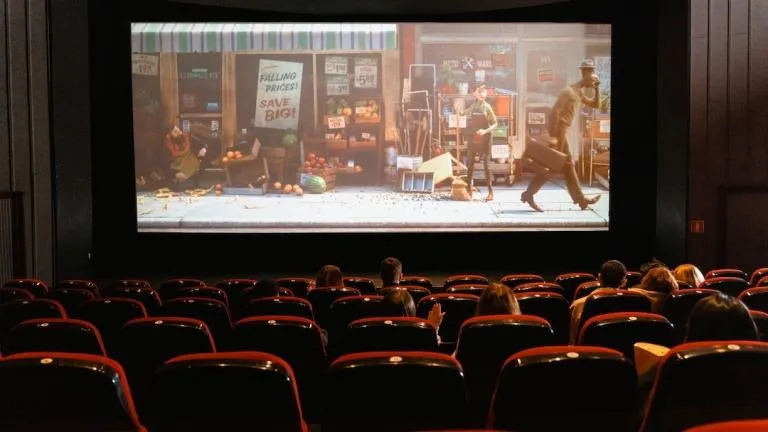We’ve all been there. You’re deep into a project, full of enthusiasm, and suddenly you hit a wall. The ideas stop flowing, and every attempt to push forward feels forced. This phenomenon, known as a creative block, can be disheartening, especially for indie filmmakers who rely heavily on their creative instincts to tell compelling stories.
But don’t worry – overcoming creative blocks is entirely possible.
Why do we experience creative blocks?
Several factors contribute to creative blocks:
- Fear of failure: The pressure to succeed can stifle creativity.
- Perfectionism: Trying to get everything perfect from the start can halt progress.
- Burnout: Overworking without breaks can drain your creative energy.
- Lack of inspiration: Sometimes, you just run out of fresh ideas.
I’ve faced these challenges many times in my filmmaking journey. The techniques I’ll share here have helped me break through those barriers and continue creating work that I’m passionate about.
How to overcome these
1. Change your environment
Your surroundings can significantly impact your creativity. If you’re stuck, try changing your environment. Work in a different room, visit a new coffee shop, or take your brainstorming session outdoors. A fresh setting can stimulate new ideas and perspectives.
Personal tip: I often find inspiration in nature. A walk in the park or a hike can clear my mind and bring new ideas to the forefront.
2. Set small, achievable goals
Large projects can feel overwhelming, leading to creative paralysis. Break down your work into smaller, manageable tasks. Celebrate each small victory to keep your motivation high. If you’re writing a script, focus on drafting one scene at a time instead of trying to write the entire screenplay in one go.
3. Use creative prompts
Sometimes, all you need is a little nudge to get your creativity flowing. Creative prompts can be a great way to spark new ideas. These can be random words, images, or scenarios that challenge you to think differently.
Additional tip: Try the “20 Random Words” exercise. Write down 20 random words and create a story or scene that incorporates all of them. This can lead to unexpected and exciting ideas.
4. Collaborate with others
Creativity thrives on collaboration. Working with other creatives can introduce new ideas and perspectives that you might not have considered on your own. Don’t hesitate to reach out to fellow filmmakers, writers, or artists for a brainstorming session.
Tip: Join a local filmmaking group or online community where you can share ideas and get feedback on your work.
5. Embrace failure
Fear of failure is a common creativity killer. Understand that not every idea will be a masterpiece, and that’s okay. Embrace your failures as learning experiences and stepping stones to success. Remind yourself that failure is a natural part of the creative process. Each failure brings you closer to a breakthrough.
6. Take breaks and rest
Creativity requires a well-rested mind. If you’re feeling stuck, it might be a sign that you need a break. Step away from your project, relax, and recharge. You’ll return with a fresh perspective and renewed energy. Engage in activities that relax and rejuvenate you, such as reading a book, watching a movie, or practicing mindfulness.
7. Keep a creative journal
A creative journal is a valuable tool for capturing ideas, thoughts, and inspirations as they come. Regularly jotting down your ideas can help you track your creative progress and find patterns in your thinking.
Additional tip: Carry a small notebook with you or use a note-taking app on your phone to record ideas whenever they strike.
8. Experiment with new mediums
Sometimes, trying a different medium can unlock new creative pathways. If you’re a filmmaker, try writing poetry, drawing, or composing music. Exploring different forms of expression can inspire new ideas for your primary work.
Personal tip: I often experiment with photography when I’m feeling creatively blocked in my filmmaking. The different perspective helps me see my projects in a new light.
9. Set a routine
Creativity doesn’t always strike like lightning. Sometimes, it needs to be coaxed out through routine. Establishing a regular creative practice can help you build momentum and stay inspired. Set aside a specific time each day dedicated to your creative work. Treat it as a non-negotiable appointment with yourself.
10. Seek inspiration from others
Immerse yourself in the work of other creatives. Watch films, read books, visit art galleries, and listen to music. Exposure to diverse forms of art can ignite your imagination and provide new ideas.
Suggestion: Create an inspiration board with images, quotes, and snippets from works that inspire you. Refer to it whenever you need a creative boost.
Common creative blocks
The Blank Page Syndrome
Starting a new project can be intimidating. The blank page (or screen) often stares back, daring you to make the first move. To overcome this, start with something small and easy. Write a simple scene description or a rough outline. Once you begin, the momentum will carry you forward.
Use freewriting. Set a timer for 10 minutes and write continuously without worrying about grammar or coherence. This exercise can help you get past the initial barrier and start generating ideas.
The Mid-Project Slump
It’s common to feel stuck in the middle of a project. The initial excitement has worn off, and the end seems distant. To push through this slump, revisit your original inspiration. Remind yourself why you started the project and what you hope to achieve.
Break the monotony by working on a different part of the project. If you’re stuck on a scene, move on to editing or planning the next segment. This shift in focus can help you regain momentum.
The Perfectionism Trap
Perfectionism can paralyze creativity. Striving for perfection from the outset can prevent you from making any progress. Instead, focus on getting your ideas down first. You can always refine and polish them later.
“Done is better than perfect.” Remind yourself that progress is more important than perfection in the initial stages.
How to stay inspired long-term
Cultivate a growth mindset
Adopt a growth mindset, where you view challenges as opportunities to learn and grow. Embrace curiosity and be open to new experiences. This mindset will help you stay resilient in the face of creative blocks.
Practice self-care
Taking care of your mental and physical health is crucial for sustained creativity. Ensure you get enough sleep, eat well, exercise regularly, and manage stress. A healthy body and mind are the foundation for creative thinking.
Surround yourself with positivity
Surround yourself with supportive and positive influences. Seek out mentors, join creative communities, and build a network of like-minded individuals who encourage and inspire you.
Continuously learn and explore
Never stop learning. Attend workshops, read books, and stay curious about the world around you. The more knowledge and experiences you accumulate, the richer your creative well will be. Explore online courses on platforms like MasterClass, Udemy, or Coursera to learn new skills and gain insights from experts in various fields.
The bottom line
I’ve been around the creative block more times than I can count. But I’ve learned that overcoming it takes patience, persistence, and a willingness to explore uncharted territory. Adopt that growth mindset, keep pushing, and your creativity will shine through eventually! Failure? Embrace it! Every flop is just another step towards something brilliant.








